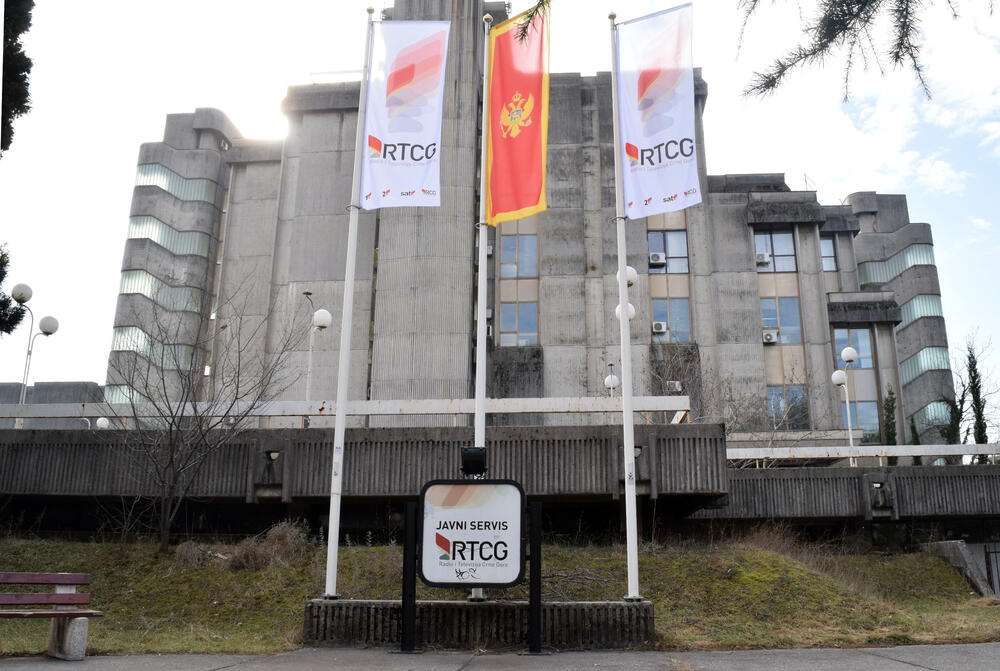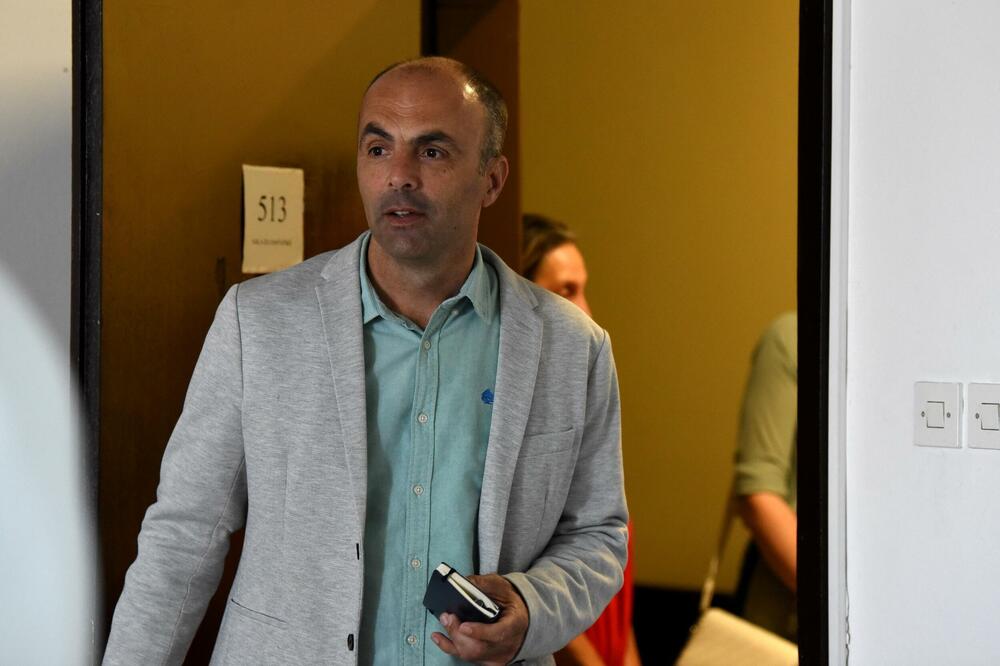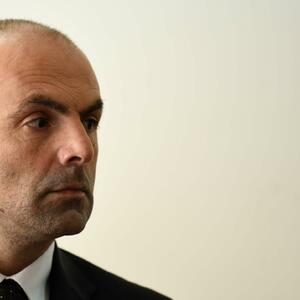General Director of Radio Television of Montenegro (RTCG) Boris Raonic illegally punished an employee of that media house, accusing her of serious breach of duty and abuse of authority because she received the content of the recording from the session of the RTCG Council, which is otherwise public, from a colleague via Viber and commented on it with other employees.
This was established by the Higher Court in Podgorica at the end of 2023, confirming the decision of the Basic Court.
Previously, the Basic Court of Podgorica annulled the decision of Raonic from April 2022, by which he imposed a measure on the employee for violating her work obligation, sanctioning her with a fine of 20 percent of her salary for one month.
Raonic did not answer to "Vijesta" how many lawsuits against RTCG by employees and workers who were fired were initiated since the beginning of his mandate, how many proceedings were concluded and in what way.
In March 2022, the General Director issued a warning to the employee for breach of duty, in which he stated that "after the end of the audio recording of the session of the RTCG Council, she took the recording from another employee without authorization and allowed uninvited persons at the session, i.e. employees and former employees of RTCG, to familiar with the conversation, statement or announcement that were recorded". He pointed out that this right was exclusively given to the journalists who were present and that "only for the purpose of reporting to the public about the work of the RTCG Council, by which the employee intentionally committed a serious violation of her work obligations."
In the warning, he also stated that the employer found out about the said action in early March during a conversation with the employee, and when pensioners and RTCG workers announced a protest in front of the public service building, and that the audio recording, among other things, contained a discussion regarding letters and requests former and current employees who lost the case against that media company.
In the first-instance verdict of the Basic Court, it is stated that the employee stated in the lawsuit that she was punished for an allegedly serious violation of work obligations - abuse of position or exceeding the authority from the Collective Agreement, and that the decision of the general director is irregular and illegal for several reasons.

She stated that no disciplinary procedure was carried out in accordance with the Collective Agreement and that based on the evidence referred to by the RTCG, it can be reasonably concluded that she in no way used her official position or exceeded his official authority.
The employee pointed out that the easy conclusion in the general director's decision that she had committed one of the most serious violations of her work obligations is shocking and unimaginable for someone who has performed very demanding tasks at RTCG for 36 years without any mistakes.
"From the written statement of the plaintiff, it follows that she stated that she did not violate the employment contract, nor the Collective Agreement of the employer, because as the chief engineer she did not take any action related to extracting or duplicating the material that is in the RTCG technical system, and that the content sent to her by a colleague, as the elected representative of the majority of workers and pensioners, related to the court case, she received through private communication on Viber, listened to it and recounted it to several colleagues and pensioners who, together with her, are suffering a financial disaster due to the lost dispute, noting that the audio she received the message at a time when she was at home and not at her workplace, which means that she did not abuse and exceed her official authority, nor did she violate her work obligation," the first-instance verdict reads.
The employee stated in her statement that the claim that she took the material without authorization and forwarded it to persons who were not at the session should mean that it was a secret, which is not true, and that the very name of their media company - public service, indicates the obligation of transparent of work.
"She further mentioned that anyone present could have easily recorded the discussion with a phone or any other device and forwarded it to different addresses because the session was public and there was no reason to exclude the public, which is why there is no offense. In the statement, it is stated that the event in question has nothing to do with the performance of her work duties at her place of work, and thus neither the possibility of committing a serious violation of work duties".
The basic court in Podgorica assessed that the RTCG did not prove the existence of a violation of the work obligation, nor the cause-and-effect relationship between it and the plaintiff's responsibility for the violation.
It has been established that the violation of work obligation that was charged to the plaintiff - more serious violation of work obligation - abuse of position or exceeding of authority, cannot in any way be connected with the tasks that fall under the description of her job.
"The defendant did not prove in what way the action taken by the plaintiff, which refers to listening to and commenting on the audio recording with other colleagues, which she received from one of the colleagues, as she stated in her testimony, which the court appreciated truthful and clear, in relation to the affairs of her workplace, nor did he clearly state the consequence he suffered by doing such an act on the part of the plaintiff, which must certainly occur for the employer, in order to speak of the existence of a breach of duty. Especially for the reason that the audio recording from the session, which was not secret, was forwarded by an employee... and not by the plaintiff, who admitted that she commented on the recording with her colleagues, which action, according to the opinion of this court, cannot possibly be a more serious injury work duties, abuse of position or exceeding of authority", the judgment of the Basic Court reads.
Bonus video:






